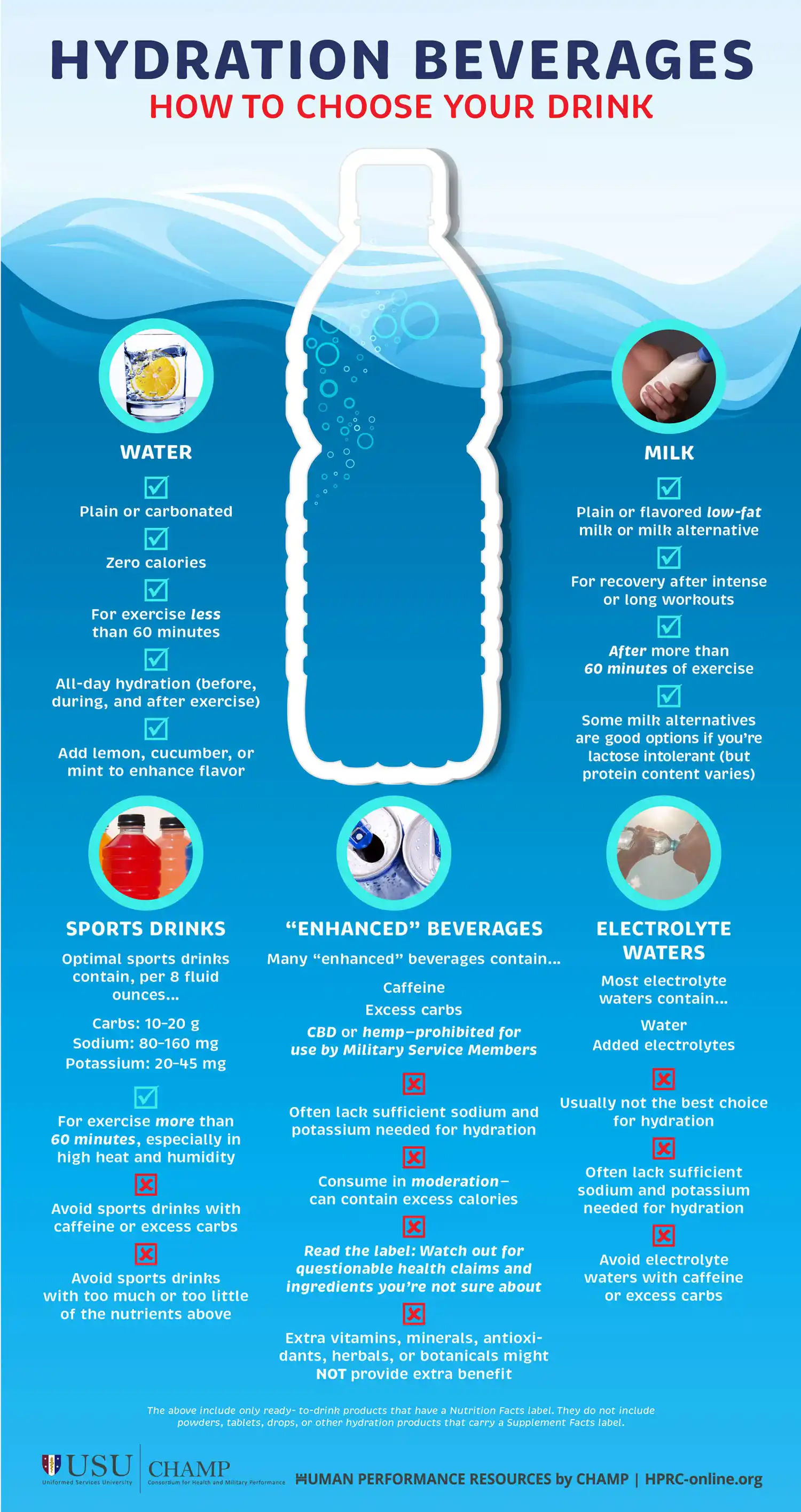Fluid Vitality: Hydration’s Role in Optimal Sport Health
Proper hydration is a cornerstone of athletic performance and overall well-being. This article explores the critical role hydration plays in sport health, highlighting its impact on physical performance, recovery, and long-term health.
Understanding the Significance of Hydration in Sports
Hydration goes beyond quenching thirst; it is a fundamental factor in maintaining bodily functions during physical exertion. In sports, understanding the significance of hydration is key to unlocking peak performance. Dehydration can impair cognitive function, increase the risk of heat-related illnesses, and compromise overall athletic abilities.
Performance Impact: Hydration and Physical Endurance
Hydration directly influences physical endurance and performance. Even mild dehydration can lead to fatigue, reduced strength, and impaired coordination. Athletes need to maintain optimal fluid balance to sustain energy levels, enhance stamina, and push through the demands of training or competition.
Electrolytes and Hydration: Balancing Act for Athletes
Electrolytes, such as sodium, potassium, and chloride, play a crucial role in hydration. Sweating during physical activity leads to the loss of electrolytes, impacting fluid balance. Athletes must focus not only on water intake but also on replenishing electrolytes to ensure a proper balance for optimal performance and prevent issues like muscle cramps.
Hydration and Thermoregulation: Cooling the Body
Proper hydration is vital for thermoregulation, the body’s ability to regulate temperature. Sweating is a natural cooling mechanism, but without adequate fluid intake, the risk of overheating increases. Hydration helps maintain a stable body temperature, preventing heat-related illnesses and ensuring the body functions optimally.
Pre-Exercise Hydration Strategies: Setting the Foundation
Effective pre-exercise hydration is a strategic foundation for sport health. Athletes should start well-hydrated and continue to drink fluids leading up to the activity. Monitoring urine color can be a simple yet effective tool; light yellow indicates adequate hydration, while dark yellow may signal dehydration.
During-Exercise Hydration: Optimizing Fluid Intake
Maintaining hydration during exercise is crucial for sustained performance. Athletes should aim to replace fluids lost through sweat by consuming water or sports drinks with electrolytes. The frequency and amount of fluid intake depend on factors like the duration and intensity of the activity, environmental conditions, and individual sweat rates.
Post-Exercise Rehydration: Recovery’s Vital Component
Rehydration post-exercise is an often underestimated aspect of recovery. Proper fluid intake assists in replenishing lost fluids and kick-starts the recovery process. Including electrolyte-rich beverages or water with a balanced meal supports muscle recovery, reduces the risk of muscle cramps, and prepares the body for subsequent activities.
Individualized Hydration Plans: Tailoring to Athletes
Hydration needs vary among athletes due to differences in body composition, metabolism, and activity levels. Developing individualized hydration plans is essential. Athletes can work with sports nutritionists or healthcare professionals to assess their specific needs and create personalized strategies for optimal hydration.
Hydration and Cognitive Function: Sharpening Mental Acuity
Beyond physical performance, hydration plays a vital role in cognitive function. Dehydration can impair concentration, alertness, and decision-making abilities. Athletes who prioritize hydration maintain mental acuity, making sound judgments during training or competition.
Long-Term Health: Hydration’s Impact Beyond Sports
The importance of hydration extends beyond immediate athletic performance. Chronic dehydration can contribute to various health issues, including kidney stones, urinary tract infections, and joint problems. Prioritizing hydration in sports sets the stage for long-term health and well-being.
Hydration Education: Empowering Athletes for Success
In conclusion, hydration is a dynamic component of sport health that directly influences performance, recovery, and overall well-being. Educating athletes about the importance of hydration, individualized strategies, and the long-term impact on health is crucial. To explore more about Hydration for Sport Health, click here for valuable insights and resources on optimizing hydration for athletic success and well-being.















